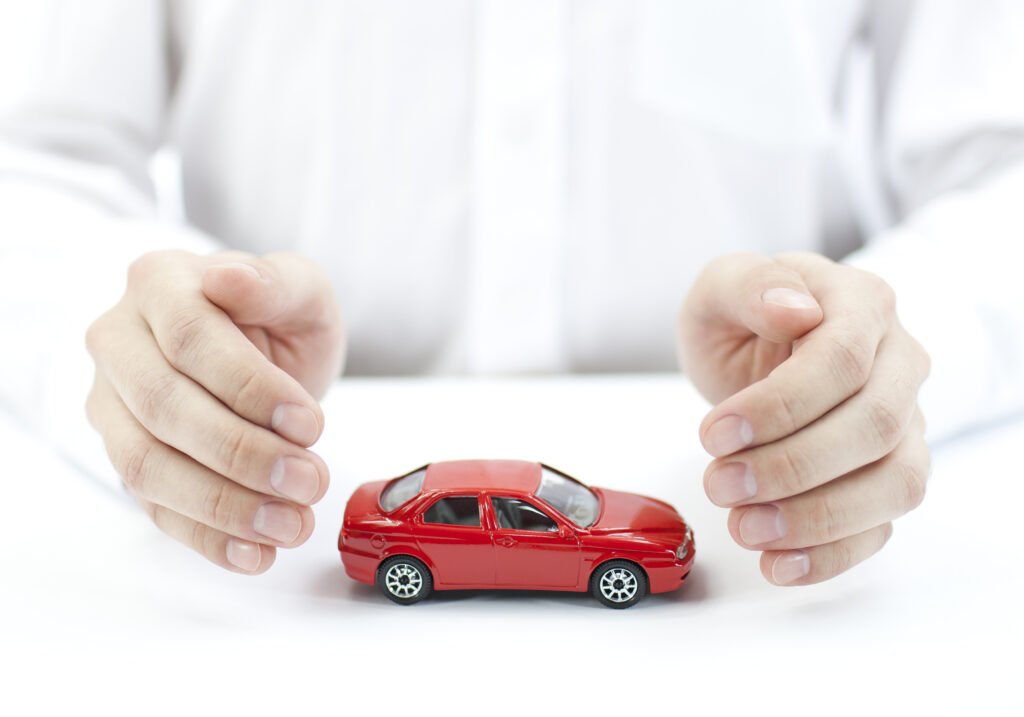
Your new car is going to be one of the most expensive assets you’ll own, next to your home. Hence, it’s very important that you take very good care of it. You’ll want to extend its life, and not get into any trouble down the road. After all, wouldn’t it be nice to drive around inside a car that’s clean and well-maintained?
If you’re not careful with your new car, you may end up regretting having purchased it in the first place. By keeping your used car in good working order, you can keep yourself and your family safe from the dangers of driving and being on the road.
This article presents you with a good opportunity to learn how to care for your new car. Some of these best tips are:
- Keep The Maintenance Receipts
On the average, new cars will need to undergo periodic maintenance at least once in six months. If you use the car often and for long trips, then it would be more. Hence, the need for you to keep your maintenance receipts. This information is what you need, just in case you’re asked about when was the last time you had problems with the tires, for instance.
Car manufacturers, like Vision Nissan, have a gauge as to what’s still normal and what isn’t. So, if your maintenance receipts show that you’ve been undergoing repairs more than usual, then you might need to bring your car in for a deeper inspection and repair.
- Protect Your Vehicle Through Car Insurance
When you’re driving a new car, it’s even more crucial for you to have a car insurance policy that covers it. This is one of the best ways for you to protect your car against all the road hazards around. Remember that no matter how careful you may be, there’ll always be other reckless drivers on the road. If your car gets damaged, you’ll want to have that umbrella protection that covers your car repair expenses.
When you decide to go ahead with car insurance, you should look at every single quote that you receive. You should also ask the agent that you’re working with for a quote. You should try to get at least three different quotes so that you will know exactly what you’re paying for. Moreover, you’ll be able to get the best deal, for the lowest price possible.
- Check The Tire Pressure
The car’s tire pressure is another facet of car care and maintenance that you must always have accurately. Remember to do this when the car is still cold, which means before you take it out into the road. The recommended tire pressure is usually the one found on the side of the doors or in the glove compartment.
When you consistently run your car on low tire pressure, you’re only speeding up the damage that could be done on the car. It can also give you insights on possible tears or cuts that the tire may have, especially when you notice that you’ve been losing air faster than usual.
- Check The Engine Oil Regularly
The engine oil is that part of your car you have to check at least monthly. If you use your car regularly for long-distance trips, then you may have to conduct the check more frequently.
This is a very important maintenance task you have to comply with, because of the following reasons:
- Oil is the lifeblood of your engine, so if you mistakenly keep your engine levels low, your engine might burn up.
- Oil fights against friction and heat.
- The oil’s color will also tell you a lot about the condition of your vehicle. Dark brown to black oil indicate that the engine oil and filter need to be replaced
- Wash Your Car
Washing your car at least once a week is very important, so you can maintain its brand-new look. While this tip may seem like a very obvious one to do, unfortunately, so many new car owners are very neglectful about this. Don’t just settle for vacuuming the inside of your vehicle. You also want to clean the undercarriage, so you can remove dirt and road salt that may have been left.
Conclusion
Apart from your car being one of the most expensive assets that you’ll ever own, it’s also one that you’ll use often. Remember that owning a car isn’t merely about driving it. Rather, it also has a lot to do with proper maintenance. Taking good care of your car helps keep it in good, workable condition. Most importantly, it can also extend your car’s lifespan and keep you safe.



